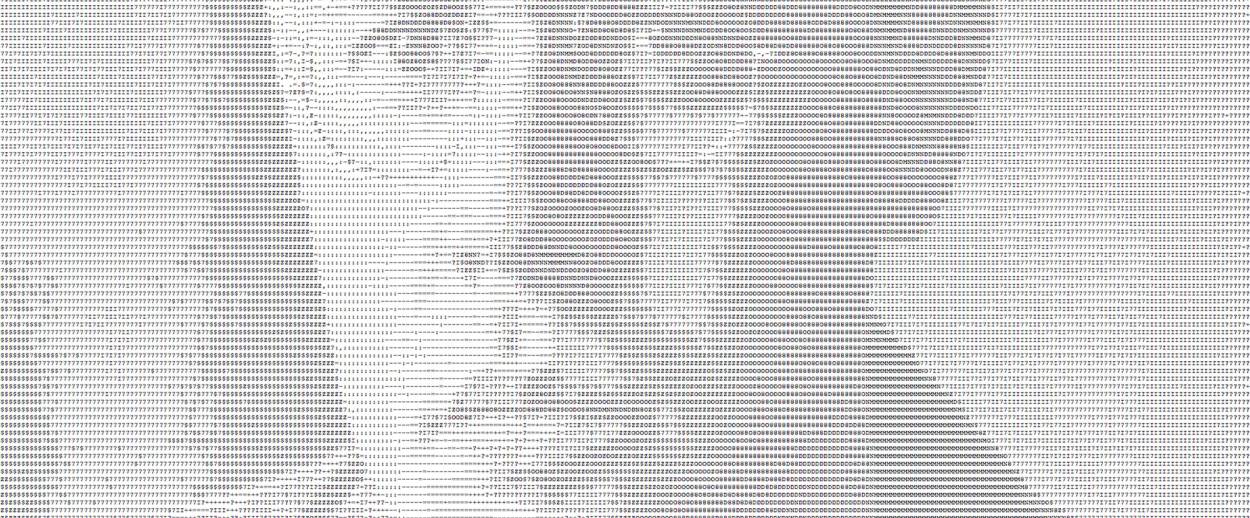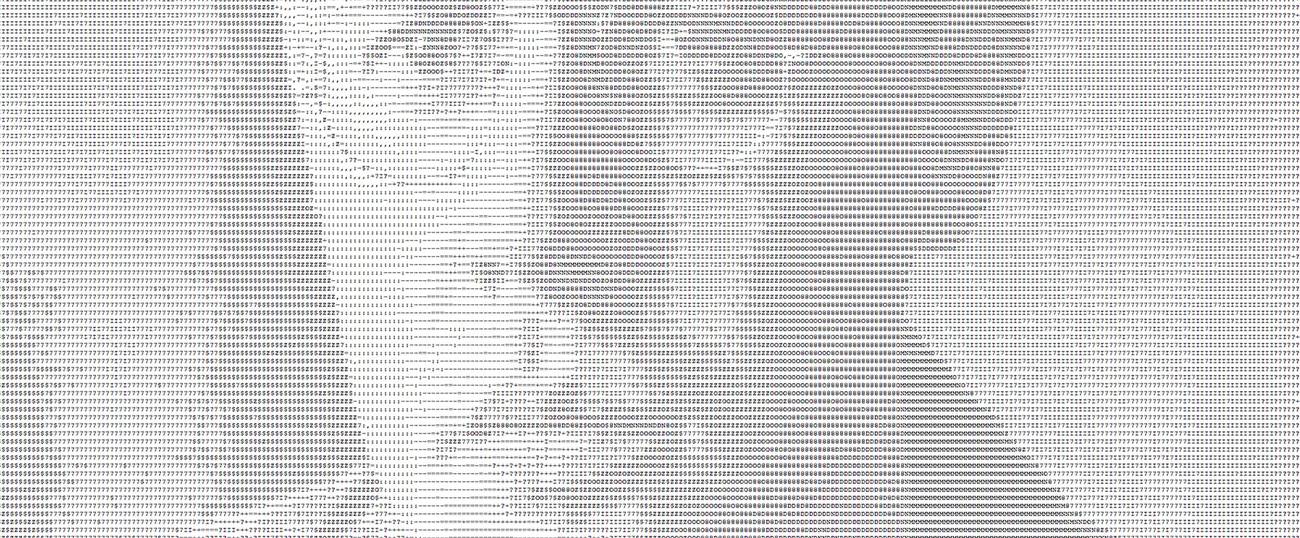Joshua Cohen Is the Great American Novelist
The Jewish Foster Wallace crosses auto-fiction with hysterical realism, in the energetic and intelligent ‘Book of Numbers’




What are novelists good for? In the 19th century, during the novel’s classic phase, the answer was clear enough: The novelist was the person who could tell you how the world works. If you wanted to understand how the provincial English gentry married off its daughters, you could read Jane Austen; if you wanted to know how young Frenchmen on the make conquered Parisian society, you could read Balzac. Whether the novelist gained her knowledge from research, or personal experience, or sheer intuition didn’t matter very much, so long as her presentation of the world was imaginatively convincing. Once you read Dostoevsky’s The Possessed or James’s The Princess Casamassima, you understood what it meant to be a revolutionary, even if neither of those writers was a member of an underground terrorist cell.
Today, however, the novelist’s authority is challenged on every side. Take the recent flurry of articles about Primates of Park Avenue, the new memoir by Wednesday Martin that promises to expose the secrets of life on the Upper East Side. This is exactly the terrain that once belonged to the novel: In early 19th-century England, a whole school of “silver fork” fiction emerged to inform the public about how the elite spent its days. The haute bourgeoisie was the natural habitat of fiction from Austen to Proust, because its combination of leisure and status anxiety made it a perfect terrarium of human behavior. Now, however, we don’t want to get that kind of news from novels; only the memoir, with its promise of first-hand knowledge, has the right to tell us about the way we live now.
And then there is the Internet, which knows more than any single writer ever could. When Zola wanted to show how coal miners lived, or department store clerks, or prostitutes, he worked hard to find out. But Google doesn’t require hard work; you simply type a query and the answer appears. Google is to the novelist as the steam engine was to John Henry, and we know how that story ends—with the novelist slumped over dead, or writing pained op-eds about her obsolescence.
In the face of these two threats—the authority of memoir, the omniscience of the Internet—novelists have adopted two strategies for survival. The school of auto-fiction, as represented by books like Sheila Heti’s How Should a Person Be and Ben Lerner’s 10:04, takes the memoir’s promise of truthfulness and crosses it with the novel’s freedom to invent and pattern. The result is a kind of destabilized autobiography, in which the reader is forced to confront the elusiveness of authenticity—the way fiction and memoir inevitably blend into one another, even or especially when we try to keep them in separate compartments. Auto-fiction reasserts the supremacy of the novel by demonstrating that the memoirist is, at best, only a hampered novelist, while the novelist is a memoirist set free.
When the novelist confronts the challenge of the Internet, on the other hand, his canvas must expand from his own life to include the whole world. The result is what is sometimes called “hysterical realism,” a phrase coined by James Wood in a 2000 review of Zadie Smith. As the pejorative implication of “hysterical” suggests, Wood disliked the way writers like Smith, and David Foster Wallace, and standing behind them Thomas Pynchon, filled their books with trances of information and proliferating plots. But it’s possible to see hysterical realism as a faithful kind of mimesis, conveying what it feels like to live in a world overloaded by facts. The logic of hysterical realism is the logic of the hyperlink—digression raised to an organizing principle. In a world that feels frenzied with knowledge, the novelist aspires to create a corresponding frenzy on the page.
The same doubt holds whether we are reading a Wikipedia page or an overtly fictional work like Book of Numbers.
Book of Numbers, the new book by Joshua Cohen, is the first novel I can think of that manages to be both auto-fictional and hysterically realistic at the same time. This feat of genre-straddling ambition speaks both to Cohen’s enormous talent and to his continuing faith in the possibilities of the novel. As in an auto-fiction, this is a book by a writer called Joshua Cohen about a writer called Joshua Cohen, though how close the fictional Cohen is to his creator remains impossible to know. Both grew up on the Jersey Shore in the 1980s, and each is the author of a big book about a Jewish subject: the real Cohen wrote Witz, a 1,000-page fantasia about the end of American Jewry, while the fictional Cohen wrote a family memoir about his mother, a Holocaust survivor. These similarities are enough to pique the kind of interest that—as David Shields has written in Reality Hunger—only arises when the reader is unsure how much of what he is reading is truth and how much fiction.
It seems unlikely, however, that the real Cohen is as inveterate a cheat, liar, and drunk as his fictional avatar. Rather, the Cohen we come to know in Book of Numbers has a fictional lineage, tracing his roots to Moses Herzog and Alexander Portnoy—hyper-articulate Jewish intellectuals who can’t stop themselves from screwing up their lives. (Indeed, Cohen’s self-fictionalizing is a reprise of Philip Roth’s similar games with his many narrators.) When we first meet the fictional Joshua Cohen, around the year 2011, he is still soaking in resentment over the fate of his first and only book, which had the bad luck to be published on September 10, 2001. Naturally, it disappeared without a trace, and Cohen spent the next decade mourning its failure. His reaction, of course, is pathetic, and also grossly narcissistic: “10 years ago this September, 10 Arab Muslims hijacked to airplanes and flew them into the Twin Towers of my Life & Book. My book was destroyed—my life has never recovered,” he tells us, as if he were the chief casualty of Sept. 11. Cohen the writer clearly does not want us to sympathize too easily with Cohen the character: he is a comic rogue at best, a cruel egotist at worst. The worst comes out in his relationship with his wife, Rachel, who only wants him to get back to work and to father her child, neither of which he is able or willing to do.
Into this morass of self-pity comes yet a third Joshua Cohen, and with him the novel expands from a private account of failure to a public epic of spectacular success. For this Joshua Cohen—whom the novel refers to, for clarity’s sake, as “the Principal”—is the founder of Tetration, a massively wealthy and powerful Internet search company that is clearly based on Google. Just as clearly, the Principal, a reclusive perfectionist genius who is concealing his terminal cancer, is based partly on Steve Jobs. And by the end of the book his fate will have become entangled with a group called b-Leaks, led by an enigmatic figure named Balk; the reader will have no trouble making the connection with Wikileaks and Julian Assange.
The novel’s action begins when the Principal, through intermediaries, hires Joshua Cohen to ghostwrite his autobiography. This is an ingeniously conceived humiliation for the writer, who will produce a book that nobody will know or believe he wrote, even though his name is on the cover. The first and third of the novel’s three sections are narrated by the writer Joshua Cohen, describing his collaboration with the Principal and its aftermath, while the second consists of Principal’s own retelling of his life and career, as captured on tape in interviews with his ghostwriter. The two Cohens’ voices are distinguished by certain idioms—Principal, for instance, always uses the abbreviation “cur” for curious—but they are more similar than different, since both are propelled by the same manic energy.
That energetic voice, forever spiraling into digressions and descriptions and puns and jokes, is the real engine of Book of Numbers. Open it to almost any one of its 600 pages and you will get the flavor of Cohen’s prose. Here is Principal explaining the logic of Internet search:
Or, better, understand this by what we are, by what we have postulated as like our axiomatic expression. Separate, divide. Categories, classifications, types. Genus, species. Clades. It is history, it is historical. The world was discovered, the world was explored, and it was all so round and immense that it confused us… Point is, what was important was not the organism itself but the connections among the organisms. The algy [Principal-speak for ‘algorithm’] had to make the connections. We figgered if we could index all the tech links…whatever terminology we mortally employ, we could engineer the ultimate. The connection of connections.

Novelists Joshua Cohen and Gary Shteyngart in 2010
This voice, improvising and embellishing and showing off, is what holds Book of Numbers together—much more than its plot, which comes to involve a possible government-surveillance conspiracy within Tetration, and a confrontation between Principal and Balk. That story is, however, mainly an excuse for a picaresque series of episodes, which take the novel from Ridgewood to Abu Dhabi by way of Silicon Valley. Like Pynchon and Wallace, Cohen can write with tireless virtuosity about absolutely everything. Often enough that means Jewish things—the book takes for granted a pretty thorough acquaintance with Jewishness, right down to the words, transliterated but untranslated, of the Yom Kippur liturgy. Here is Cohen riffing on the popularity of Jewish books in Germany: “Anyway, Germans buy everything Jewish, it’s compulsory since reunification, it’s in their constitution. It doesn’t even matter whether the topic’s Jewish, provided the author is, if only just half … or if the book has at least one character who visits a rabbi in Brooklyn or a cemetery in Queens, to say oy gevalt chutzpah bupkes, amen.”
But it’s not just Judaism that Cohen knows. He knows, seemingly, about everything: Dubai hotels and Xerox PARC, Hindu mythology and Zen monasteries, what’s served at a tech mogul’s birthday party and what brands an Arab woman shops for at a Middle Eastern mall. There is so much information packed into the book that it becomes clear it could not have been written without the help of Google and Wikipedia—a fact Cohen the author ironically alludes to on a few occasions. Whether all of that information is accurate is impossible to know, and beside the point—after all, the same doubt holds whether we are reading a Wikipedia page or an overtly fictional work like this one.
What matters is that Cohen has turned the tables on the Internet: instead of being reduced by its omniscience, he forces it to serve his imaginative purposes. Just as the corporate history of Google, one of the great business myths of our time, is rewritten here as the history of Tetration, Cohen’s own invention, so Google’s knowledge is turned into Cohen’s knowledge, and then the reader’s. The individual mind, not the algorithm, turns out to be “the connection of connections,” and its ideal medium is not the screen but the page. (“If you’re reading this on a screen, fuck off,” is the book’s opening sentence.) If John Henry is going to compete with the steam engine, he needs an almost superhuman energy and intelligence of his own—and if any writer has it, it is Joshua Cohen.
***
Like this article? Sign up for our Daily Digest to get Tablet Magazine’s new content in your inbox each morning.
Adam Kirsch is a poet and literary critic, whose books include The People and the Books: 18 Classics of Jewish Literature.